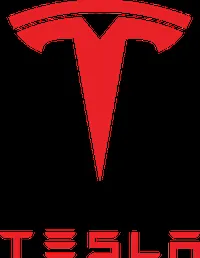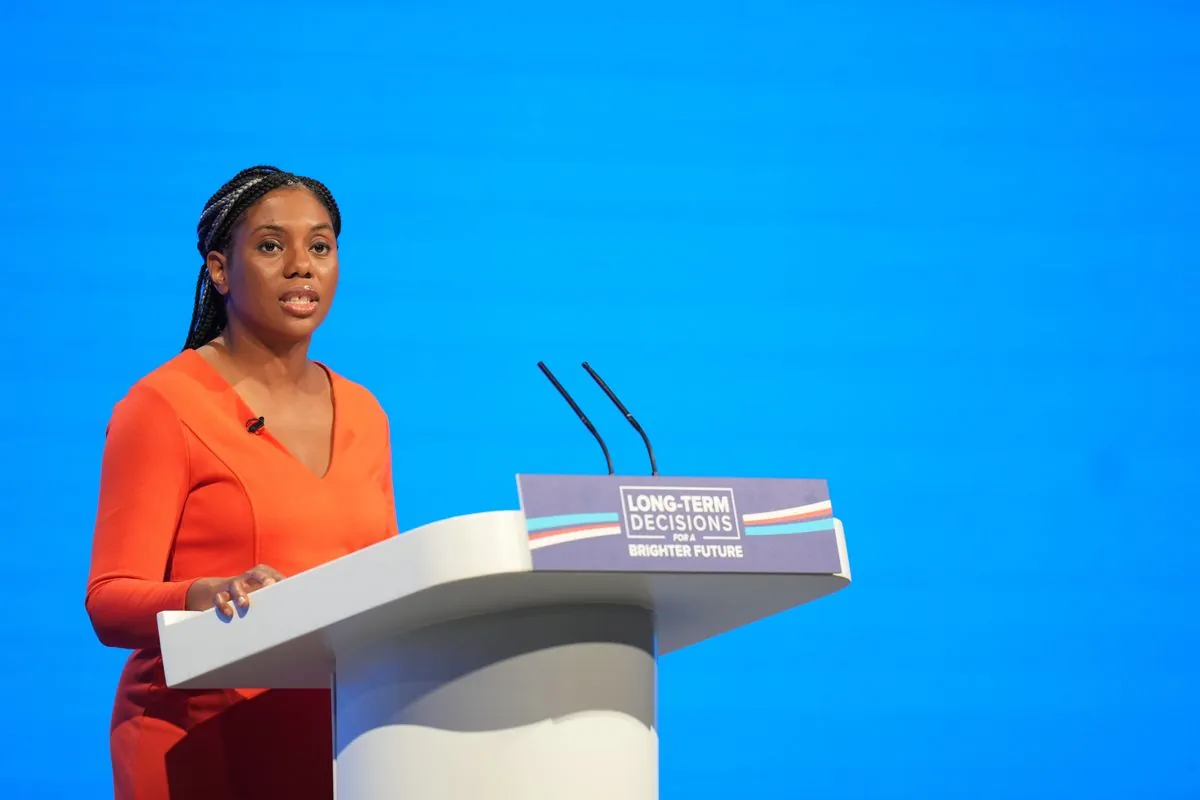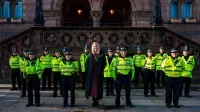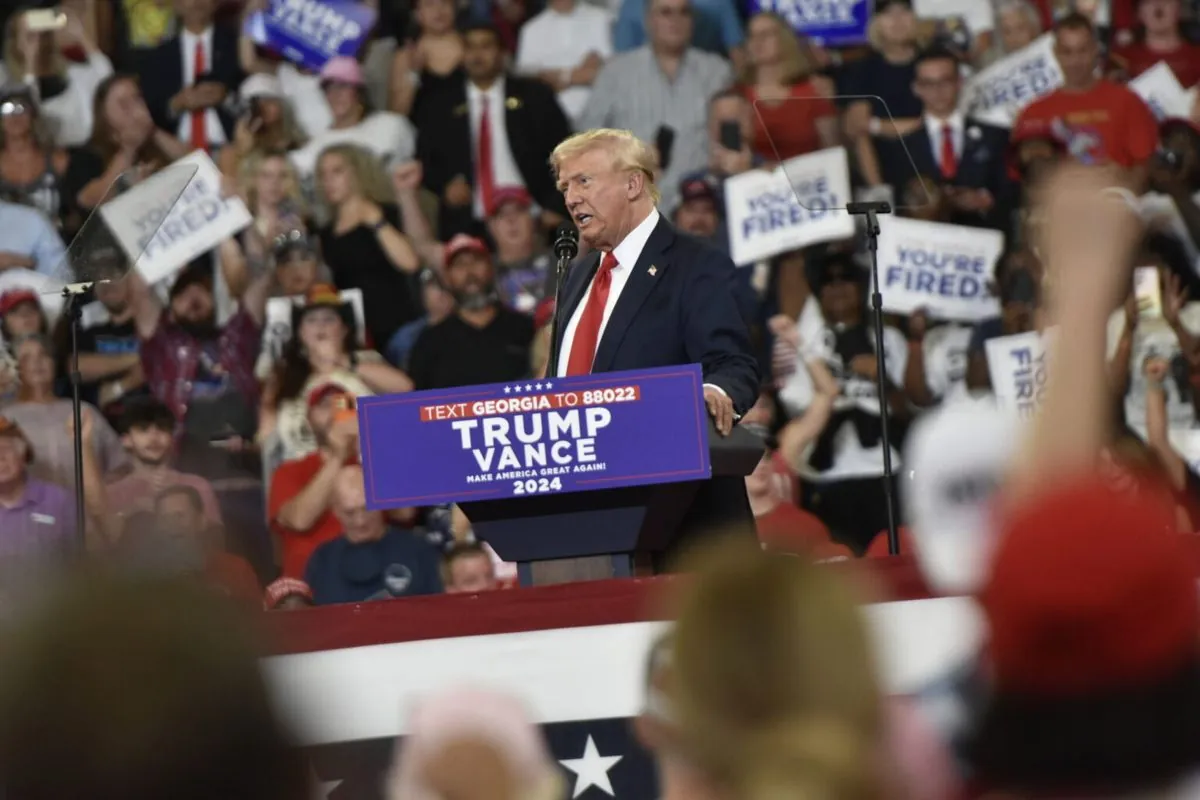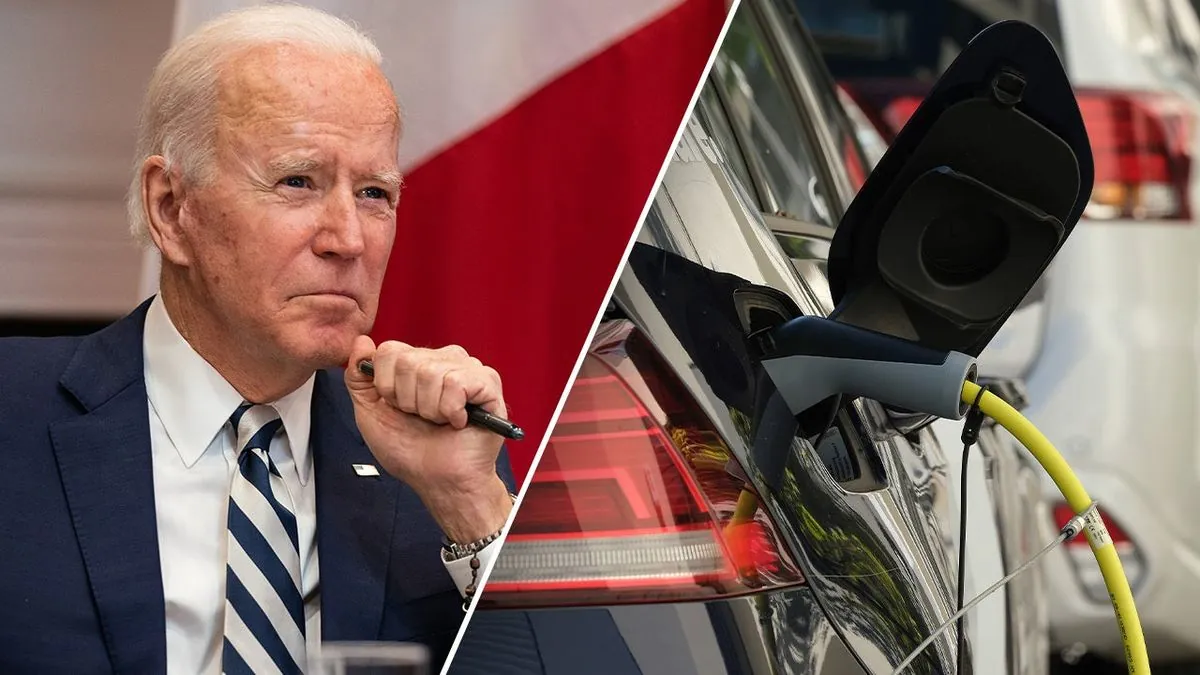Labour's Economic Shift: Reeves Defends Pension Cuts Amid Party Controversies
Rachel Reeves justifies winter fuel payment cuts for pensioners, while Labour faces scrutiny over donations and protests. Party's economic policies and internal issues take center stage at conference.
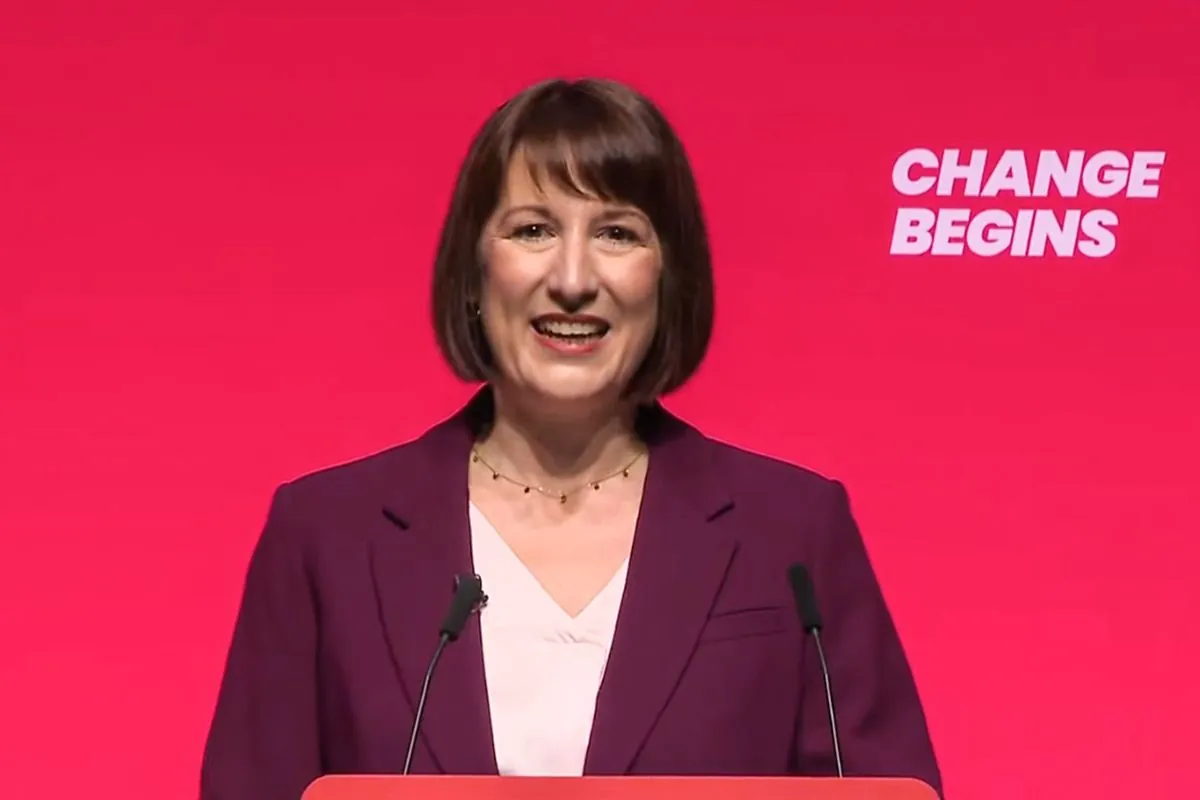
In a significant policy shift, Rachel Reeves, the Labour Party's Chancellor, has defended the decision to eliminate winter fuel payments for 10 million pensioners. Reeves characterized this move as the "right decision" given the economic circumstances inherited by the party. This controversial stance marks a departure from Labour's historical support for pensioner benefits, introduced by the party in 1997.
The Chancellor's speech at the Labour Party Conference in Liverpool, a traditional stronghold for the party, was interrupted by protesters opposing arms sales to Israel. The UK has been supplying arms to Israel since the 1950s, a practice that continues to spark debate. Security personnel removed a demonstrator who shouted concerns about ongoing weapons sales, highlighting the tension between foreign policy and domestic priorities.

Lord Alli, a prominent Labour peer, faced questions regarding donations to the party. The peer, who has provided substantial financial support to Sir Keir Starmer, including funding for clothing, reportedly holds a rare Downing Street security pass. This has led to accusations of a "passes for glasses" controversy, raising concerns about potential conflicts of interest.
Angela Rayner, Deputy Leader of the Labour Party since 2020, has come under fire for employing a taxpayer-funded photographer to document her governmental work. Critics have labeled this as a "vanity" project, questioning the appropriate use of public resources.
"Even Rachel Reeves knows that Labour have hurt Britain."
Robert Jenrick, a Conservative MP and former Secretary of State for Housing, Communities and Local Government, criticized Labour's economic policies. Jenrick, who has described himself as "the father of a Jewish family," was seen jogging in London wearing a sweatshirt declaring "Hamas are terrorists," referencing the organization founded in 1987.
The Labour Party, established in 1900, finds itself navigating complex political waters. While addressing economic challenges, it must also contend with internal controversies and external pressures. The decision to cut winter fuel payments, which have ranged from £250 to £600 per eligible household, represents a significant departure from traditional Labour policies aimed at reducing excess winter deaths among the elderly.
As the party conference unfolds, Labour's leadership faces the challenge of balancing fiscal responsibility with its historical commitment to social welfare. The ongoing debates surrounding arms sales, party financing, and resource allocation reflect the multifaceted pressures facing the opposition as it seeks to present itself as a credible alternative government.
The controversies surrounding Labour come at a time when other political issues, such as the future of electric cars, immigration policies in Germany, and the influence of Saudi investments in sports, are also making headlines. These global trends underscore the complex political landscape in which domestic UK politics operate.
As the 2024 general election approaches, Labour's policy shifts and internal dynamics will be closely scrutinized. The party's ability to navigate these challenges while presenting a coherent vision for the country's future will likely play a crucial role in determining its electoral prospects.























